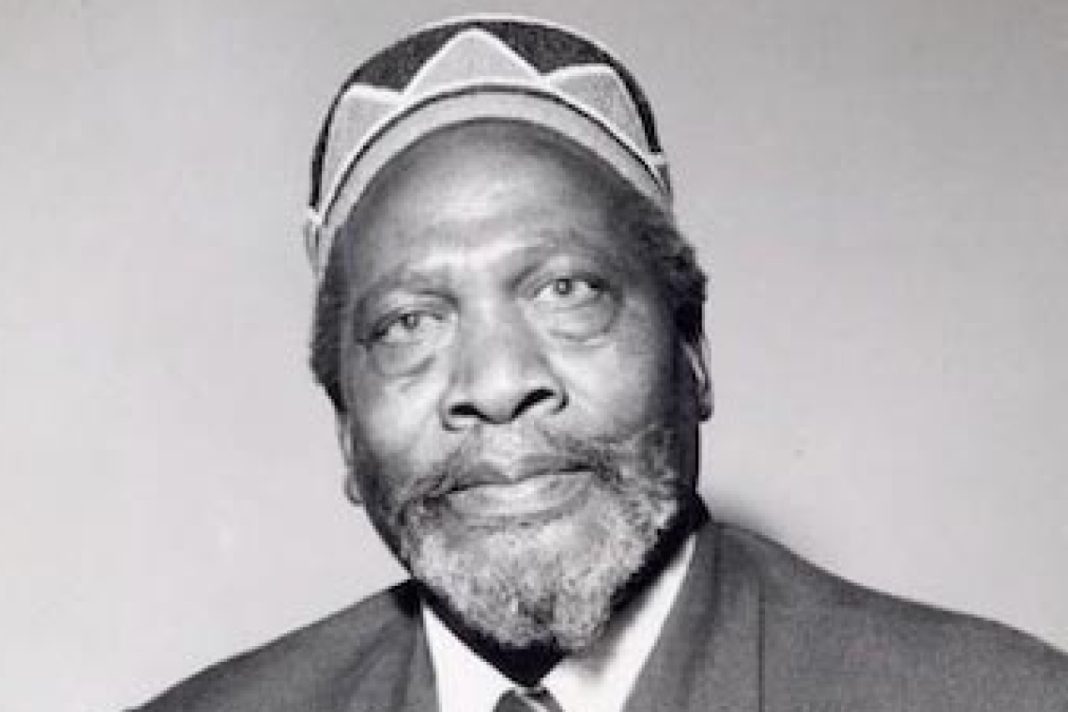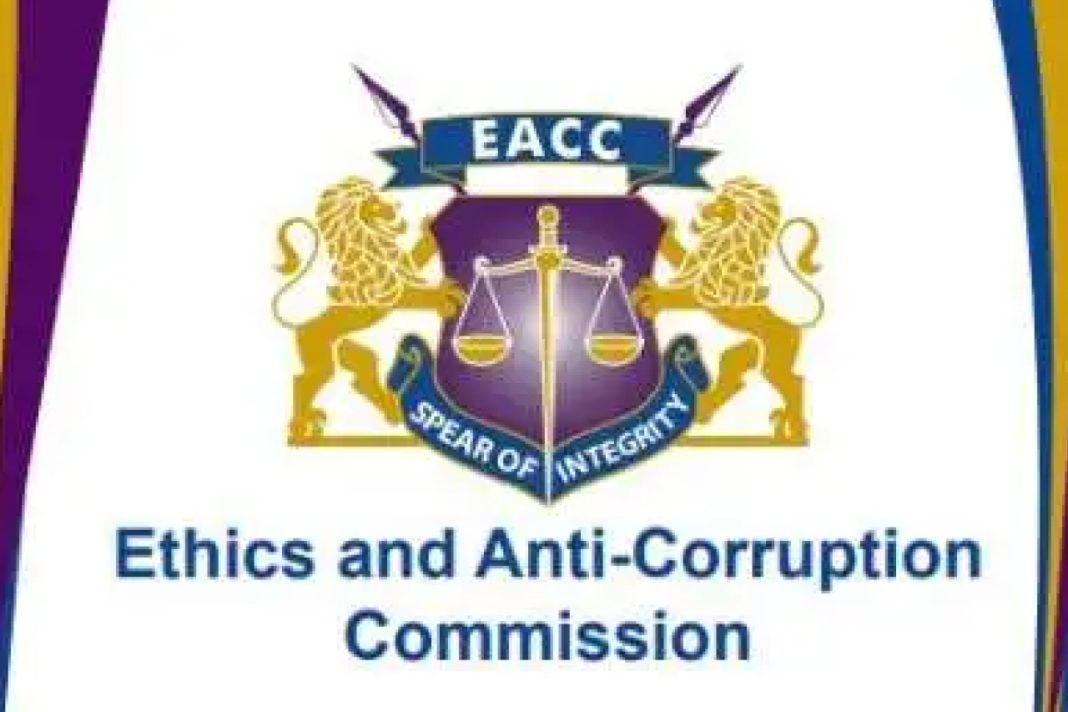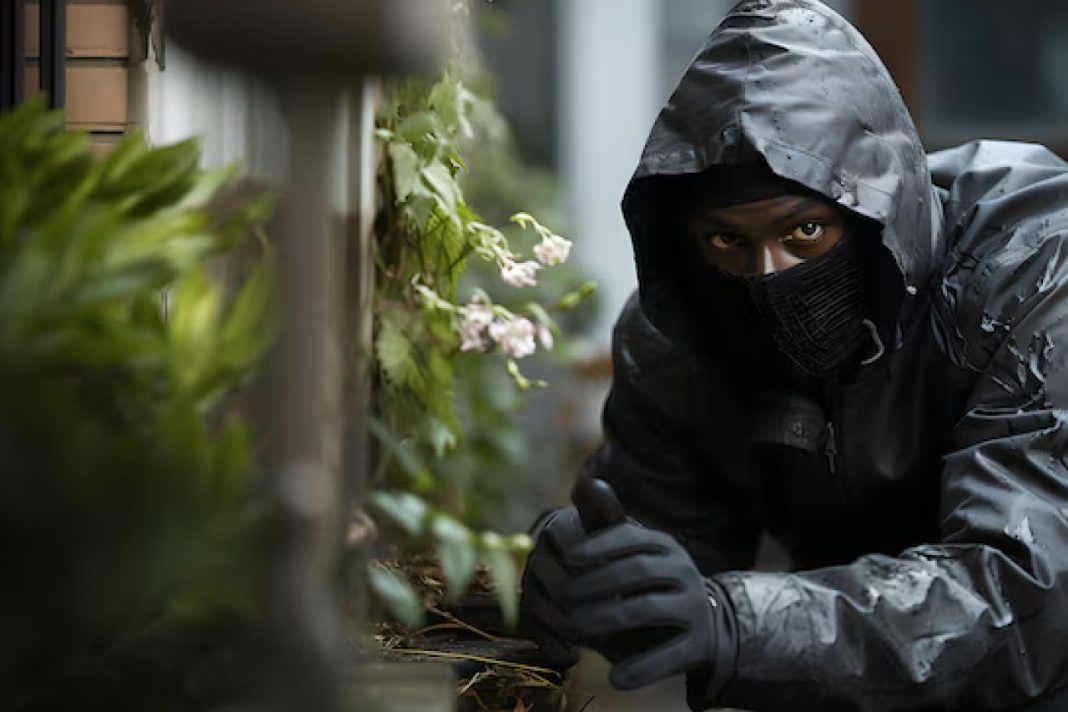By Anderson Ojwang
Kenyans could be walking back in time to the history of how the Kamba collaborated with the Kikuyu to resist the British colonial directive to destock their livestock in Machakos Reserve.
And then in pursuing the presidency, the Kamba could be retracing that collaboration as they look unto the Mountain.
Interestingly, in the recent past, a new political dispensation is emerging in the Kamba land that may have serious implications in the 2027 presidential contest in the country.
Equally, Kenya could soon be watching the making of Kamba vote bloc to catapult their son, Mr. Kalonzo Musyoka, today seen as the main challenger to President William Ruto.
Recently, Dr. Victor Munyaka, President Ruto’s ally declined State appointment as chairperson of the Kenya Animal Genetic Resource Centre, over what he termed as the current political climate that threatens the realization of the government’s economic transformation agenda.
“Thank you again for considering me for this position. I wish you and your administration success in leading our country.” said the United Democratic Alliance (UDA) candidate for the seat that he lost.
Similarly, Makueni Senator Dan Maanzo filed a censure motion against President William Ruto for what he terms questionable conduct while in office.
This came hot in the heals after Kibwezi West MP Mutuse tabled an impeachment motion against Deputy President Rigathi Gachagua in the National Assembly. The move ignited a heated debate in the Kamba nation.
Maanzo, a confidant of Wiper Leader Musyoka argued that Ruto has breached the Constitution in a myriad of occurrences, including failing to protect Kenyans from police brutality pursuant to articles 131 and 25 of the Constitution on the fundamental rights and freedoms of Kenyans and promoting and enhancing the unity of the nation.
The move by Mutuse stirred emotional and political hit in the Kamba land with various divides having a differing opinion on the matter.
Wiper leader, Kalonzo in his recent tours of Mt Kemya claimed that he had the blessing of immediate former President Uhuru Kenyatta, who he claimed is supporting his political overtures in the mountain.
Kalonzo has received a warm reception in his attempts to climb the mountain with a section of leaders calling for political unity between the Kamba and Mt Kenya.
Synopsis of Kamba rebellion and collaboration with the Kikuyu community
In the early 1900s, the economy of the Kamba was founded on livestock, which was the currency of exchange. A family’s herd size determined its wealth.
The emerging problem of overgrazing in the 1920s by the Kamba community in Machakos reserve became a concern for the British government,
In 1929, the Agricultural Department reported that the Kamba people were grazing approximately 245,000 cows on the reserve, though the land could only support about 53,400.
Mr. Colin Maher, the government’s chief soil conservation officer, described the poverty of the Kamba on the Machakos reserve and attributed it to overgrazing.
Between 1929 and 1934, the Agricultural Commission and Carter Land Commission recommended destocking the land (decreasing the number of cattle an individual could hold).
The colonial government submitted proposals to the Machakos Local Native Council to curb the effects of overgrazing.
The Kamba people accepted the colonial government’s subsequent policies of trenching, hillside terracing, and planting of Napier grass and sisal trees with resentment.
In 1938, the colonial government influenced the Liebegs firm to open a meat-canning factory in the vicinity of the Machakos reserve.
Since Liebegs built the factory to process 70,000 cattle per year and had a break-even point of 40,000 cattle, the decision by the colonial government to invite the firm implied that contrary to what tradition suggested, the Kamba people would be willing to sell their cattle in enormous quantities.
The governor ordered that Liebegs be provided with cattle, suggestive of his intention to commence destocking on the Machakos reserve.
The Kamba people perceived this as a direct imposition on their way of life, and they mobilized against the colonial government to resist it.
In March 1938, the Kamba sent a telegram to the Colonial Office expressing their opposition to mandatory destocking.
In May, however, Kenya Governor Robert Brooke-Popham launched the coercive destocking process in the Machakos reserve.
The government noticed increased alliance between the Ukamba Members Association and the Kikuyu Central Association, as well as loyalty toward the Kamba among government police and army ranks.
Inspired by the Kikuyu Central Association, they formed the Ukamba Members Association.
Some members explained their decision to join the Ukamba Members Association with their indignation at the unjust seizure of wealth.
Leaders of the Ukamba Members Association requested a meeting with the governor after the cattle raid in Iveti, but the governor refused. They then organized a march of 2,000 people.
The Kamba people walked to Nairobi where they remained for six weeks until the governor agreed to meet with them in Machakos.
The Kamba maintained a respectful tone, even during sit-ins in Nairobi. Their action was covered by newspapers in Britain: The Times, Telegraph, and the Yorkshire Post, and through correspondence columns in the Manchester Guardian.
In Machakos, on 25 August 1938, the Governor announced the end of compulsory sales of stock and this was a victory for the community.
Machakos political analyst Mukamba Kivindyo says the current community including the MPs and members of the County Assembly are rallying behind Kalonzo to form a united vote bloc for his second attempt for presidency.
“Kalonzo will gain track with time. The political scenes unfolding in the country will be a blessing in disguise to him. He could be on the right side of history,’ he says.
Kivindyo says the Kamba community has always looked at the Kikuyu community for collaboration and it is reemerging once again ahead of the 2027 elections.
Nairobi Lawyer Patrick Ouya says Kalonzo is likely to be the candidate for Mt Kenya and could invoke the historical ties of colonialization to jumpstart his bid.
“We are in an interesting political moment. We will witness realignment and shifting alliances ahead of the next elections. The happenings are just the tip of the iceberg of what will happen in the future,” he says.




